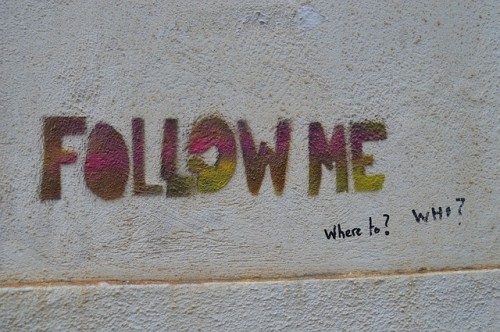
April 27, 2016, The Guardian
An article in the Guardian offers a formula for creating an effective charity slogan: “Unique + ruthless = unforgettable.” Jen Shang at the Centre for Sustainable Philanthropy in the UK, who calls herself the world’s only “philanthropic psychologist,” throws her support behind this scheme, as do other experts.
Communications and branding in general (as seen here, here, and most recently here) and taglines in particular (more here) have been the subject of intense discussions at NPQ for years. The article above also references the importance of “customer-centricity,” which you can find addressed at NPQ in the context of donor relations.
A nonprofit tagline’s goal is to inspire empathy-induced altruism. It’s not enough to say an effective tagline needs to be memorable (“graffiti written on the heart”), include a key benefit, and differentiate the charity’s brand from countless others. It must also impart a positive feeling: Make America Great Again. Feel the Bern. Hillary for America.
Sign up for our free newsletters
Subscribe to NPQ's newsletters to have our top stories delivered directly to your inbox.
By signing up, you agree to our privacy policy and terms of use, and to receive messages from NPQ and our partners.
One of the experts quoted in the article adds that being “bold and brave” is better than being safe. “A mind is a terrible thing to waste” makes you feel the experience without actually going through it, thankfully.
But let’s see about the effectiveness of all these helpful tips. In 1999, Advertising Age ranked the top 100 ad campaigns of the 20th century. How many were still standing in 2015? Eleven.
- Marlboro: The Marlboro cowboy.
- Nike: Just do it.
- DeBeers: A diamond is forever.
- U.S. Forest Service: Smokey the Bear.
- Energizer: The Energizer Bunny.
- Morton’s Salt: When it rains, it pours.
- Wheaties: Breakfast of Champions.
- Hallmark: When you care enough to send the very best.
- California Milk Processors: Got Milk?
- BMW: The ultimate driving machine.
- Motel 6: We’ll leave a light on for you.
How do great slogans happen? Usually, the great ones (like those above) were written by one wickedly creative person, approved by someone very powerful, and then repeated over years and years with the backing of millions of advertising dollars. Today, the challenge for success is even greater because the digital world that enfolds us makes the battle for consistency and longevity nearly impossible. Think of Facebook and all the other social channels. We now begin with the digital platform and try to figure out what best works best there. Unless you possess a truly enviable marketing budget, the creative “big idea” is no longer enough.
In the end, a slogan does not raise money—asking does. Still, a slogan makes your appeal believable; it liberates your mission from what can be explained to what can be admired. Your slogan is your mission, stated in your most distilled and powerful words. It’s what makes you cry when you think about the best of your mission, only with some serious editing.
The goal in writing your slogan might be how Emily Dickinson described poetry: “If I feel physically as if the top of my head were taken off, I know that is poetry.”—James Schaffer













